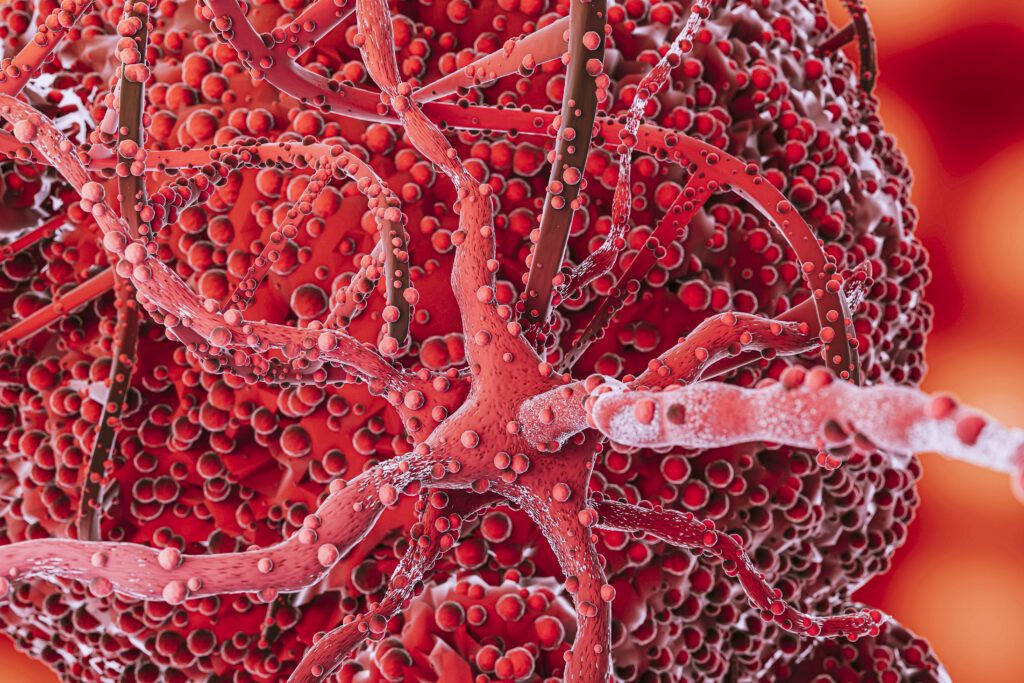Renal cell carcinoma: ESMO Guideline for diagnosis, treatment and follow-up
Renal cell carcinoma (RCC) is indeed the most common type of kidney cancer in adults, accounting for approximately 90% of all cases. RCC incidence varies worldwide, with higher rates often observed in developed regions such as Europe and North America. This geographical variation can be attributed to differences in risk factors, including lifestyle factors, environmental exposures, and access to medical care and diagnostic services. Risk factors for developing RCC include smoking, obesity, high blood pressure, and certain inherited syndromes. Additionally, men are more likely to develop kidney cancer than women. The diagnosis of RCC is often incidental, as many tumors are discovered during imaging tests for other conditions. If RCC is suspected, a patient may undergo diagnostic procedures such as ultrasound, computed tomography (CT) scans, magnetic resonance imaging (MRI), or a biopsy to confirm the diagnosis. Treatment options for RCC depend on the stage of the disease and can include surgery, targeted therapy, immunotherapy, radiation therapy, or a combination of these approaches. Early-stage kidney cancer may be treated with surgery alone, which can be curative. However, a combination of systemic therapies may be necessary for advanced or metastatic RCC. Continued research and clinical trials are essential in improving the understanding, prevention, and treatment of RCC. It’s important for individuals to be aware of the risk factors and to seek medical advice if they experience symptoms such as blood in the urine, pain in the side or back that does not go away, or a lump in the abdomen. Regular check-ups and healthy lifestyle choices can also play a role in reducing the risk of developing kidney cancer. Pic by Freepik, https://www.annalsofoncology.org/article/S0923-7534(24)00676-8/fulltext?rss=yes



